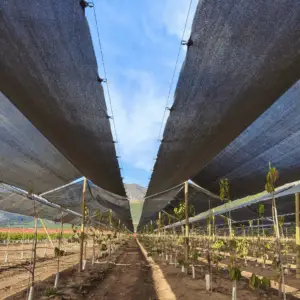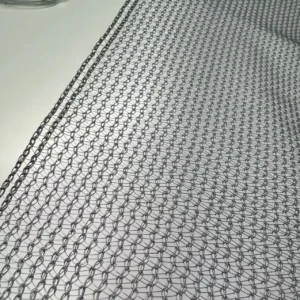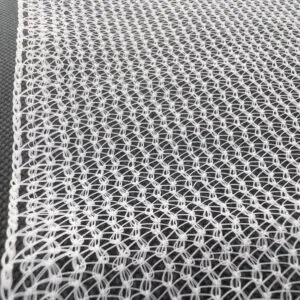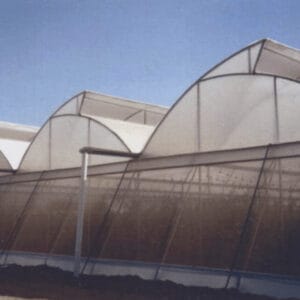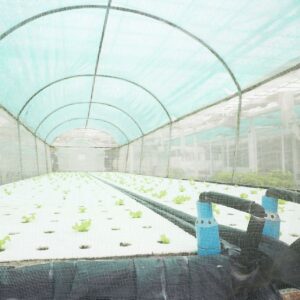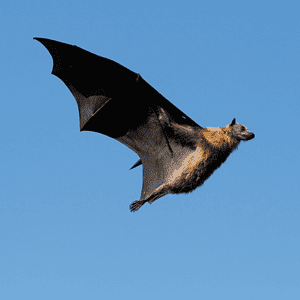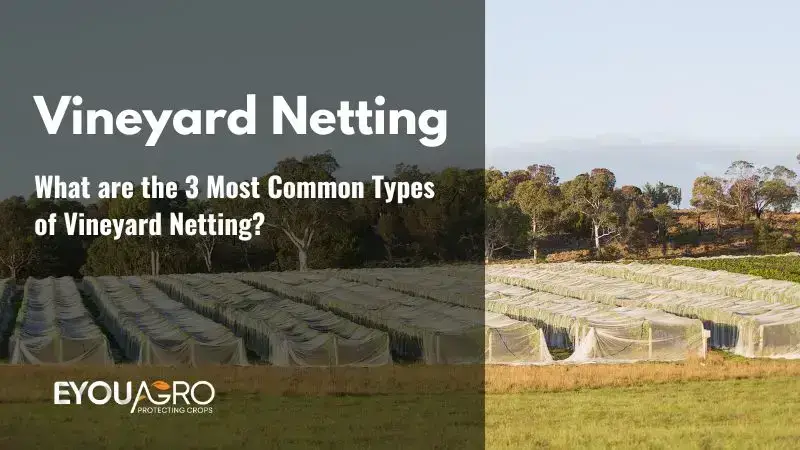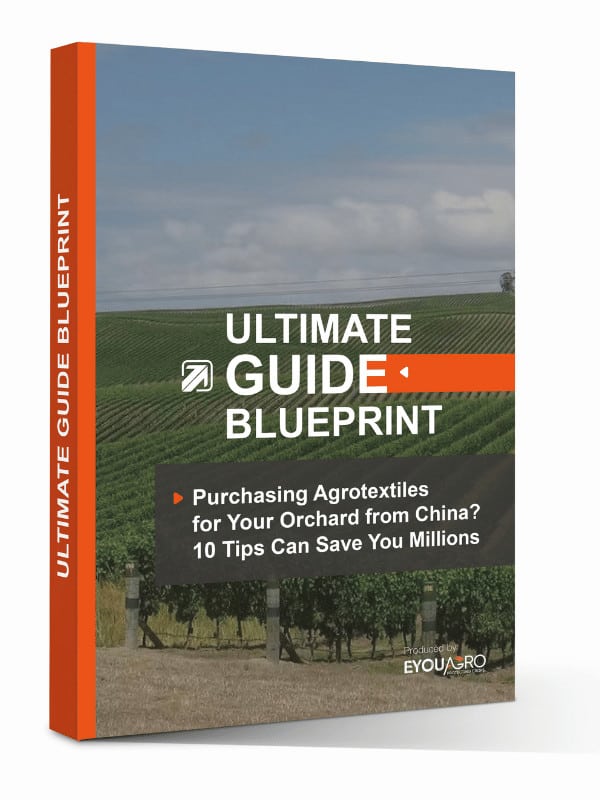Introduction
If you are looking for your greenhouse covering, then polymer films and netting are ideal. These plastic films and netting are made from polyethylene, polycarbonate, or polyvinyl chloride, and they are extremely flexible and durable.
Polyethylene properties make it useful as a covering for greenhouses. This has helped farmers to adopt greenhouse cultivation.
The covering is however affected by damage from exposure to ultraviolet radiation. So the film and netting is developed to absorb and stabilize UV radiation. This is to extend the life of your film and protect the health of your plants.
Your knowledge of UV covering for the greenhouse will help you achieve your farming goal.
So today, you will get to learn on :
- Properties of UV covering
- Good plastics for your greenhouse covering
- What to consider when investing in UV covering
- And lots more
Let’s dive in!
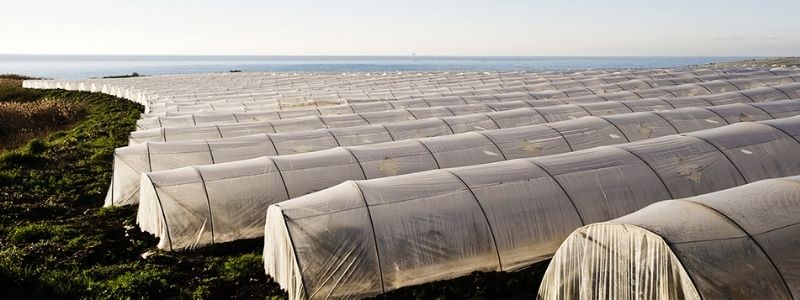
Properties of the Your UV Greenhouse Cover Films
High Mechanical Properties
The film’s properties depend on the polymers used in the production.
Ultra-Violet (UV) Stability
If you have a film without the UV stabilizer, it will fail after a short time due to the degradation by the UV rays from the sun. This failure will depend on the film thickness. UV stabilizers are required to achieve the required durability.
The UV stabilizer on greenhouse covering depends on the
- Crop
- Film’s lifetime
- Area or total radiation
- Film’s thickness
- Type of greenhouse structure
- And the agrochemicals used
If you are using bees to pollinate your greenhouse plants, buy a film that lets the UV part of the light energy spectrum pass through.
What Plastic Is Good For Your Greenhouse?
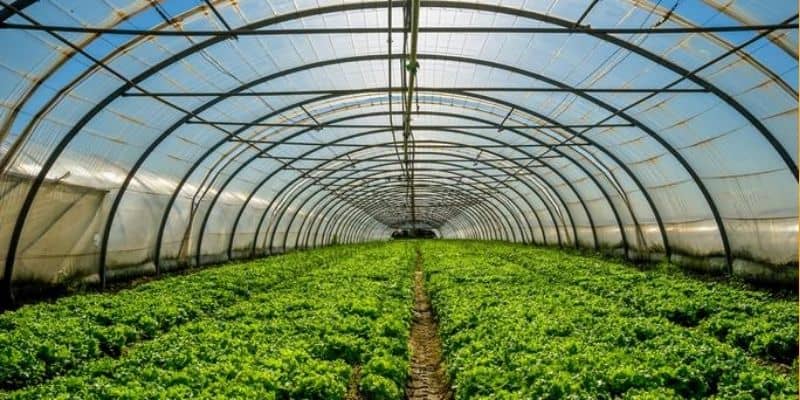
Polyethylene plastic is a good covering for your greenhouse. It’s cheap and easy to install. And if you go for quality polyethylene greenhouse plastic, it should last for years.
When selecting a plastic covering for your greenhouse you should consider
The thickness of at least 6 mm
UV stabilizing additives
UV Absorbers and Stabilizers
The UV plastic greenhouse films contain chemical compounds that absorb UV radiation. And this prevents it from being transmitted through the film and into the greenhouse.
The UV absorbers are mixed in the film’s polymer with UV-stabilizing chemicals. The chemicals slow down the degradation of the film caused by exposure to ultraviolet radiation.
The chemical additives are developed to provide UV protection. And at the same time allowing an adequate amount of light to pass through the film and into the greenhouse.
Effects on Plant Growth
UV radiation is harmful to both plants and animals. The UV radiation damage the proteins, cell membranes, and other cell structures.
So reducing plants’ exposure to UV radiation is useful to their long-term vigor.
A 1999 study published in the European Journal of Horticultural Science shows that
UV radiation reduction in the greenhouse yields intense coloration in ornamental plants.
The effect is useful to commercial flower growers where consistent color is desirable.
Effects on Pests
Some insects, such as aphids, depend on the ultraviolet of the electromagnetic spectrum for their vision.
So with reduced UV radiation in the greenhouse, the insects are blocked from moving inside. This results in fewer pest insect attacks.
Fungi such as Botrytis and Sclerotinia also produce fewer spores when the UV level is reduced.
Greenhouse UV Plastic Cover Film
Description:
- Made of durable low-density polyethylene material
- Superior clarity, strength, and toughness, weather-resistant, and tear-proof
- Provides higher light transmission for plant photosynthesis
- UV stabilized for longer sun exposure to the optimum greenhouse environment
- A clean film with soap and water to prolong the life of the
What to Consider when Investing in Greenhouse Covering
Understanding the considerations for coverings will help you choose the appropriate greenhouse film and save money.
- The length you expect to use the greenhouse. This will determine how big your investment will be to make a covering and supporting structure.
- The way the poly film is folded before it is delivered
- Check the weather before you replace the poly plastic
- Be mindful of the elements. Heavy snowfall can cause your greenhouses to collapse.
Installation
There are different ways to install UV greenhouse plastic on your greenhouse. The main methods are:
Lock channel and wiggle wire
This is a quick and secure way to install polyethylene plastic in your greenhouse. The wiggle wire and lock channel establish a secure grip of the polyethylene plastic to the greenhouse. The wiggle wire will hold tight to the greenhouse for the entire length compared with staples or screws.
The lock channel is easily installed in the greenhouse system. After installation of the lock channel,
- Wrap the polyethyleneplastic over your greenhouse
- Stretch the plastic up and down to lock the plastic
- If you need to re-stretch the polyethylene cover, again it is easy
- Wiggle the spring wire up and down, in case you want to remove it
The wiggle wire is unlikely to tear your greenhouse cover in areas of high winds.
Staples and Screws
This is the cheapest method. Its main disadvantages are:
- Spending a lot of time stretching the greenhouse plastic before you staple or screw to ensure the polyethylene plastic is tight.
- Screws and staples put small holes in your plastic cover
- To re-stretch your plastic after screwing or stapling, you need to patch all of the holes.
Conclusion
Growers should take note of the potential harsh weather. This is to allow positioning and protecting your greenhouses against the elements.
Agricultural plastic films have to be UV stabilized. This offers strength and prevents harmful rays from the sun. If your films aren’t UV treated, they will wear in the shortest time. It also has to be translucent to diffuse light well bouncing the available sunlight and reducing shadows.
They should be replaced when they lose the UV properties which will lead to reduced yields.
EyouAgro agricultural textiles are is designed to fit your needs. They are easy to install, economical, high quality, and customized.
EyouAgro has innovation, research resources, and cutting-edge technologies that offer maximum solutions for its clients.
For more information on crop protection textile email us at info@eyouagro.com. Or Visit our website www.eyouagro.com for more agricultural information.


